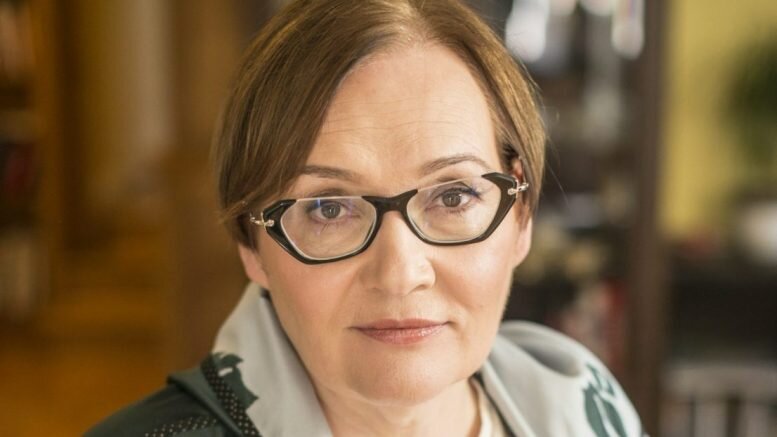By Angele Kedaitiene
Ausra Maldeikienehas been elected to the European Parliament as an independent MEP not belonging to any political party. She joined the European People’s Party group in the EP with primary focus in the ECON committee.
Over the course of her 40-year career, Ausra Maldeikiene had delved in multiple careers. While working as a journalist, she has one of the key people in cultivating business journalism in Lithuania. Her academic career ranges from being a school teacher and teaching economics in Vilnius University to translating and writing books on economics and politics both for academia and general education. In the last 30 years Ausra Maldeikiene has become one of the most widely-known intellectuals in Lithuania.
EuNewsLithuania inquired about her thoughts on the economic growth prospective in the EU:
The French Minister of finance has recently stated that it is possible for EU to achieve a 3.5% economic growth. How realistic is this goal?
One can always dream. I believe that a growth of 2% should be considered a great success. The reality of our economies is very different from that of USA and China, the EU being considerably more socially and environmentally conscious.
The continually shifting paradigm of geopolitics from mostly two-pillared to four-pillared will inevitably take a toll on EU’s economy. In fact, the growing influence of China riddled with social and human rights issues poses a threat not only to European values but also economy. This, coupled with the ongoing Russia’s ambition to spread its influence through energy market that raises tensions between the EU member states, also negatively affects our economic growth.
Do you see any measures that could be taken to counter-balance these threats?
While we have very limited control over outside factors, there is a lot we can do within the EU to ensure our resilience. There is no denying that being fiscally responsible is extremely important, however we must also be vigilant in making sure that we are aware of any potential risks and dangers that arise when we focus too much on the question of macroeconomic imbalances of certain member states.
If a state reaches the point of “no imbalances” at the cost of deteriorated public sector, limited access to education, health services and reduced capacity for science, innovation and academia, what understanding hides behind the word of “imbalance” exactly? As these costs rise, they may even result in deterioration of our core values such as rule of law – something that we are already witnessing in Eastern Europe at the moment.
What is more, weakening public sector results in the lack of adequate support for ensuring a healthy business environment. As a consequence, it becomes increasingly difficult to fight corruption and ensure the competitiveness of the markets. Lower-cost and higher-productivity entrants can’t compete with higher-cost and lower-productivity businesses that are often backed up by state subsidy programs and other tax incentives. This is extremely counter-productive for economic growth, a sort of secular stagnation.
Do you see any opportunities to address these issues within the context of the EU Multiannual Financial Framework of 2021-2027?
The fact that extreme importance to climate change and funding for science is clearly reflected in the new MFF is great. Another great addition to the MFF is the opportunity to mobilise special instruments that would provide the flexibility to go over the limits set by MFF.
Unfortunately, member states often seem frozen in time as if the world is never-changing and tend to focus on the funding of traditional sectors. Lithuania is no exception here – paying a lot of attention to agriculture and road transport sectors that are in comparison to other sectors heavily over-funded.



Be the first to comment on "Interview with Ausra Maldeikiene: Between balance and imbalance"